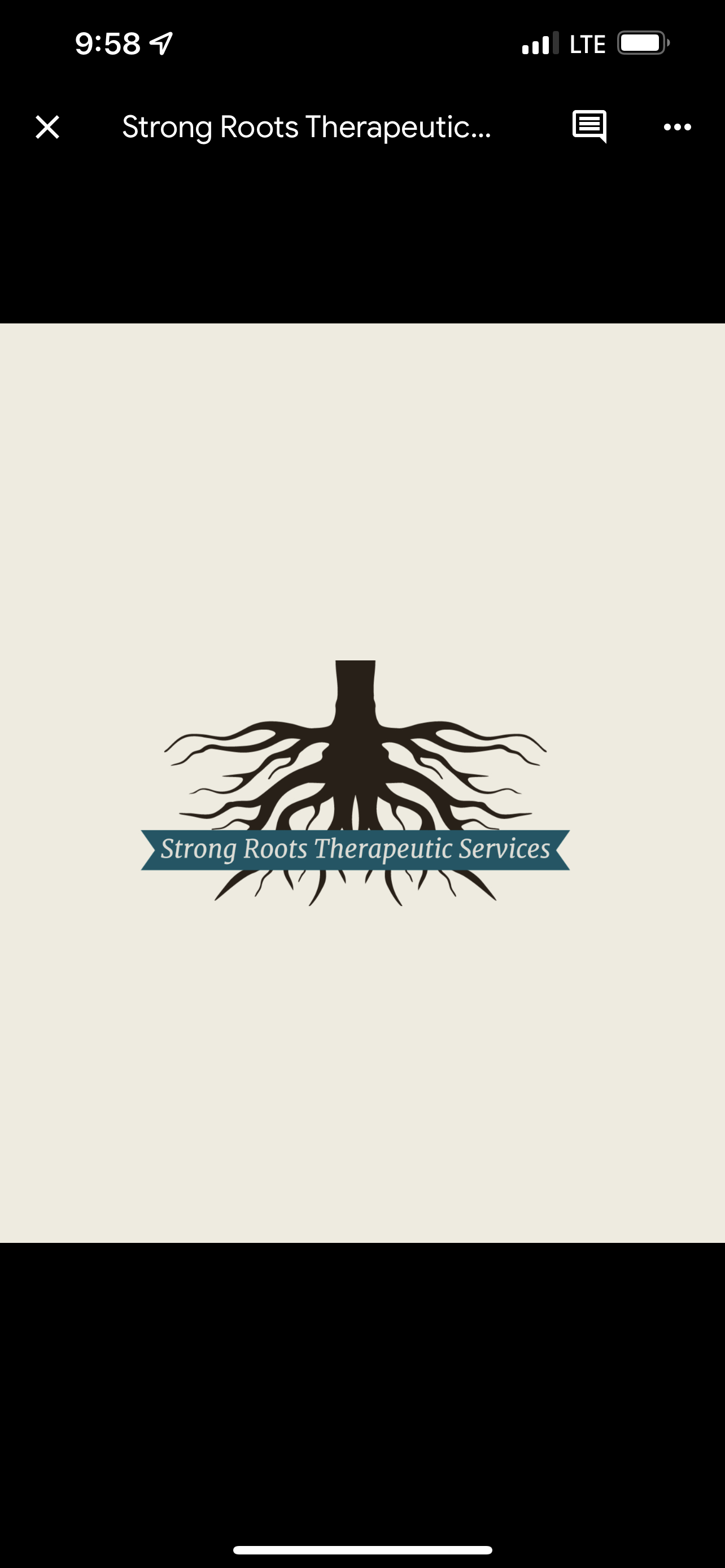Exploring Triggers and Stressors: Understanding and Managing Emotional Responses
- Strong Roots
- Feb 12
- 2 min read
In our fast-paced world, understanding the nuances of our emotional responses is more important than ever. We often hear the terms "triggers" and "stressors," but what do they really mean, and how can we manage them effectively? Let’s dive into these concepts to empower ourselves with knowledge and tools for better mental well-being.
Understanding Triggers
Triggers are deeply personal and often tied to past experiences, especially those that were traumatic. They can be anything from a specific smell, sound, or situation that sets off a memory or emotional response. Recognizing your triggers is the first step toward managing them.
Reflective Questions:
What situations or events trigger strong reactions in you?
How do these triggers make you feel physically and emotionally?
Can you identify any patterns or themes in your triggers?
What past experiences might be linked to these triggers?
How do you typically respond when you're triggered?
Coping Skills for Triggers:
Grounding Techniques: Bring yourself back to the present moment with deep breathing or focusing on your surroundings. The 5-4-3-2-1 technique is a great tool to use.
Mindfulness Meditation: Spend a few minutes focusing on your breath and observing your thoughts without judgment to reduce emotional intensity.
Identifying Stressors
Unlike triggers, stressors are external pressures or demands that we face daily. They might include work deadlines, financial concerns, or relationship issues. While stressors can lead to stress, they don’t have the direct link to past trauma like triggers do.
Reflective Questions:
What are the primary stressors in your life right now?
How do these stressors affect your daily routine and mental well-being?
How do you currently manage stress? Are these methods effective?
What can you control or change about your stressors?
How do you prioritize tasks and responsibilities when feeling stressed?
Coping Skills for Stressors:
Time Management: Organize your tasks with a schedule or to-do list to reduce overwhelm.
Physical Activity: Engage in regular exercise to release tension and boost your mood.
Building Resilience
Building resilience is about developing the capacity to recover quickly from difficulties. It involves strengthening your mental and emotional resources.
Reflective Questions:
What strengths do you possess that help you cope with challenges?
How can you build a support network to help you manage stress and triggers?
What self-care practices can you incorporate into your routine to enhance resilience?
How do you celebrate small victories and progress in handling stress and triggers?
What long-term goals do you have for improving your mental health?
Coping Skills for Building Resilience:
Journaling: Regularly write down your thoughts and feelings to process emotions and gain insights.
Progressive Muscle Relaxation: Practice tensing and relaxing different muscle groups to reduce physical stress.
Engage with Us!
We hope this exploration of triggers and stressors has been enlightening. We’d love to hear from you! What are some of your personal experiences with triggers and stressors? How do you manage them? Share your thoughts in the comments below and let’s learn from each other. Your feedback is invaluable in creating a supportive community.

Comments